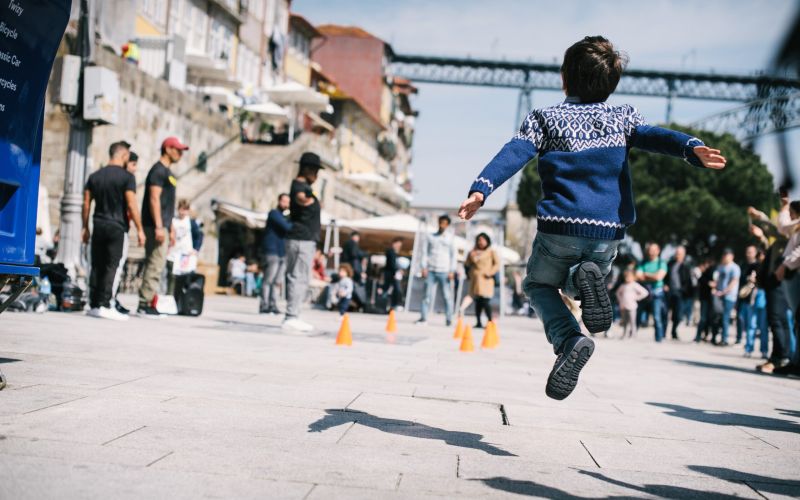
Our Vision and Mission
Our vision is to establish a global network of researchers and practitioners committed to moving beyond the state-of-the-art in public participation and participatory mapping systems.
We will achieve this vision by scientifically advancing the next generation of participatory mapping techniques to support meaningful public participation, and the inclusion of multiple values in decision-making across the globe. We also support teaching and planning excellence with respect to the design, application and evaluation of public participation and participatory mapping systems globally.







